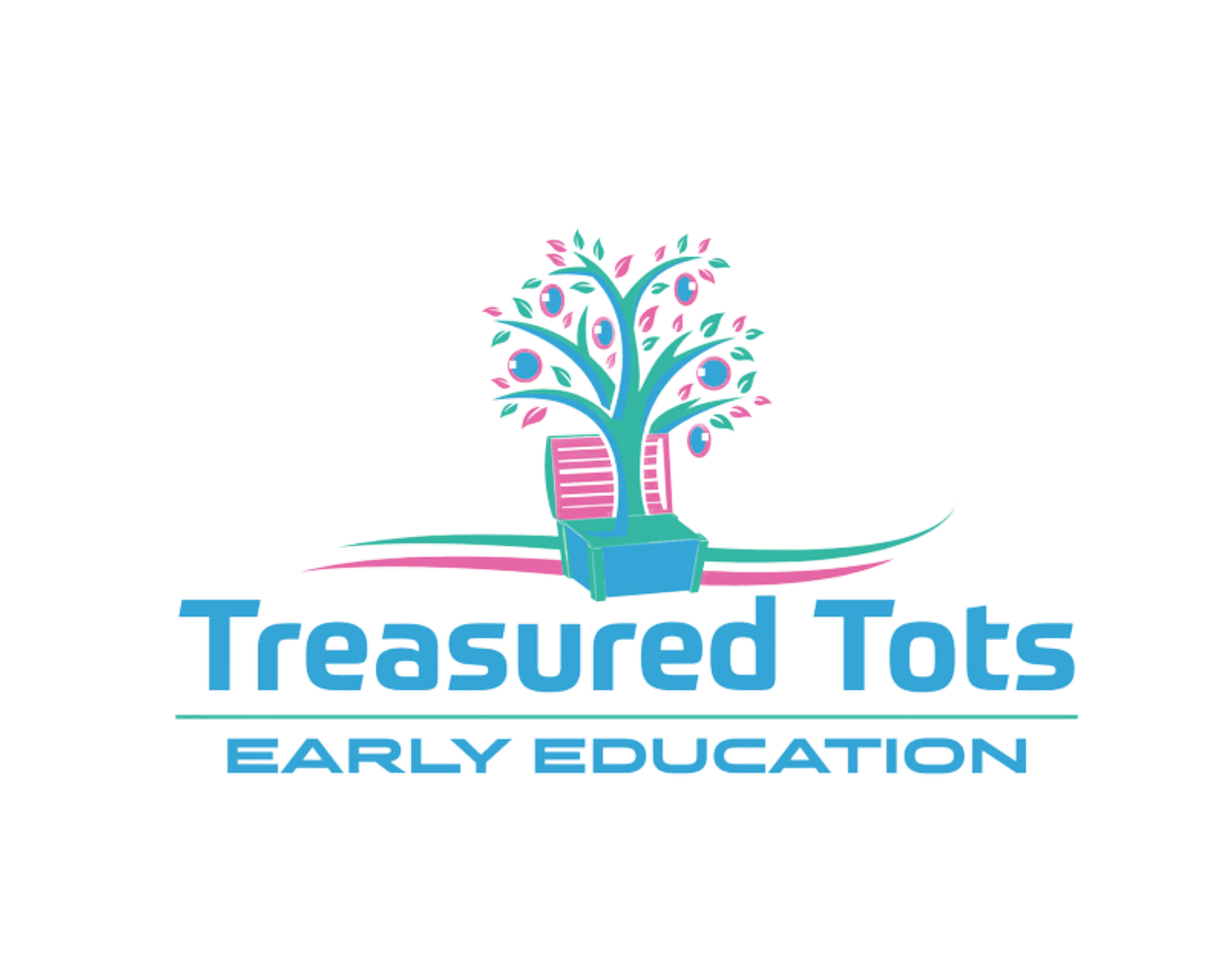How Sand and Water Play Impact Child Development
When it comes to child’s play, sand and water are definitely not merely child’s play!
At face value, sand and water seem simple, but these two elements can generate important benefits.
They pack a powerful punch in terms of early childhood development, offering extremely valuable opportunities for a toddler’s physical, intellectual, social and emotional growth. Both sand and water provide young children with a variety of learning experiences and can be offered as a resource either on their own or in combination.
Benefits of sand and water play for toddlers
A bucket and spade have always been a mandatory accompaniment for a trip to the beach, but nowadays, sand and water play has become a key feature in many early education environments. This is because play-based learning has proved to be the best way for young children to learn and develop important skills – and sand and water play is a valuable tool for a child’s personal, emotional, physical and cognitive development.
This article outlines seven benefits of sand and water play for toddlers and gives examples of how and why these two elements provide opportunities for young people to learn while playing.
Develops fine and gross motor skills
Improves co-ordination skills
Develops cognitive skills
Improves language, speech and communication skills
Introduces the fundamentals of maths and science
Encourages creativity, artistic expression and innovation
Enhances emotional growth and social awareness
Let’s look at how tactile sand and water play impacts on these key areas of learning and development.
Fine and gross motor skills
Holding and manipulating a bucket and spade, squishing sand between their fingers, moulding wet sand into shapes are all ways that sand and water play can help toddlers master their dexterity. Lifting and carrying heavy buckets, pouring water and dumping sand is good for their physical strength, balance and gross motor skills too.
Co-ordination skills
Experiences such as shovelling sand, collecting water, stacking buckets, pouring water into different sized containers and building sand structures all boost their co-ordination skills.
Cognitive skills
The early years are critically important for setting the foundation for a young child’s cognitive development. Messing about with sand and water provides endless opportunities for things like problem-solving (eg how wet can the sand be when digging a tunnel or building a structure), scientific exploration (eg why some objects float and others sink, evaporation) and cause and effect (what happens to dry sand when water is added).
Language, speech and communication skills
When children interact with one another during group play with sand and water, they develop important language and speech skills. They’ll have conversations, ask questions and advice, share ideas and develop imaginary play concepts. They educators and adults present can encourage the children to be more confident communicators, plus there will be opportunities to introduce new vocabulary too.
Maths and science
During water and sand play, young learners can discover maths and science concepts. Children can use cups and spoons of differing sizes, scales and small pebbles for adding texture to the wet sand mixture. These will help them experiment and start learning about concepts such as measurement (‘more than’, ‘less than’ etc), weight (how heavy is a cup of sand compared to a cup of water), counting (eg how many scoops fill a container), volume (eg what happens when a pebble is added to a full cup of water) and dimension (eg a round mud-pie compared to a flat one).
Creativity, artistic expression and innovation
Sand and water play offer wonderful open-ended opportunities for a child to express themselves and explore their natural creativity. They can mould wet sand into different shapes. They can pretend they are at the beach. They can role play that they are cooking a meal for the family. They can use a stick to draw and create patterns in wet sand. The possibilities are endless.
Emotional growth and social awareness
Play-based learning helps young children develop important emotional and social skills. When playing together with sand and water, they learn about things like taking turns, sharing resources, negotiating, listening, co-operating, collaborating, being patient and being independent.
A last word on the developmental benefits of sand and water play
Sensory play is a hugely important part of every young child’s healthy development. Playing with water and sand provides children with vital sensory experiences and offers many wonderful learning opportunities.
It’s fun and stimulating and can be a great way for young children to become more relaxed and self-assured in a social setting. With this type of open-ended play where there are no rules to follow, no fixed outcomes or correct solutions, children can simply lean into their natural curiosity and learn important developmental skills along the way.
For more information contact us or book a tour of any of our wonderful centres in Mandurah, Bibra Lake, Fremantle, Piara Waters, Hamersley, Bennett Springs and Bicton to ensure our management team are available to show you around and answer any questions.

